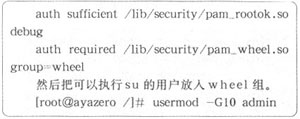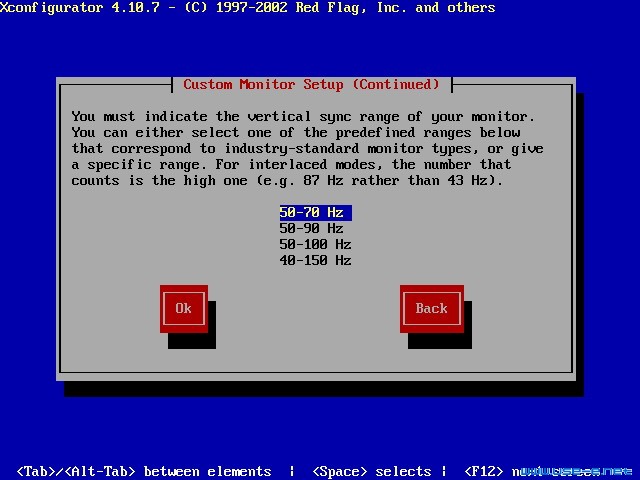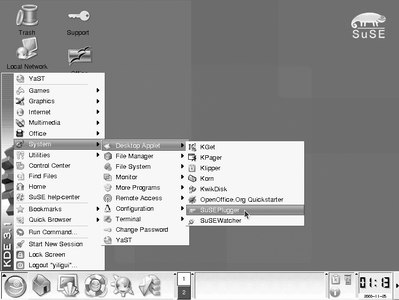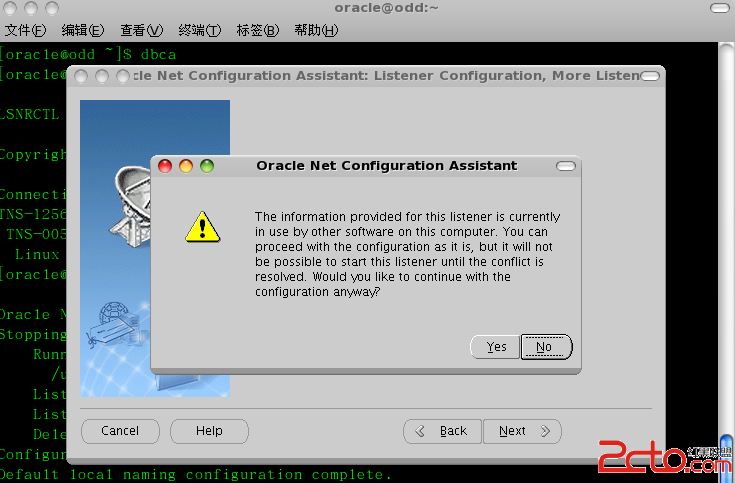C语言实现myql中存取二进制文件
最近搞mysql,这两天想用C把二进制文件(<64k,大的就存储路径了)存储到数据库里,经过我‘不懈’的搜索,发现NET上有且只有一个版本(php为例的),在C里根本行不通,我先是晕倒,醒了后我再搜索,还是php版本的,我又吐了一口血(之后又吐了好几次)!最后还是在mysql手册里找到了方向,是mysql_real_escape_string给了我光明,好了,不罗嗦了,不然要有矿泉水瓶砸过来了!为了不让其它初学者易做图,我把我的code共享一下,希望大侠们指正,也欢迎鸡蛋和西红柿


#include <stdio.h>
#include <mysql/mysql.h>
#include <stdlib.h>
#include <sys/types.h>
#include <sys/stat.h>
#include <fcntl.h>
#define host "localhost" //mysql server
#define username "root"
#define password "cipher"
#define database "www"
int get_file_size(char *path, off_t *size)
{
struct stat file_stats;
if(stat(path, &file_stats))
return -1;
*size = file_stats.st_size;
return 0;
}
int main(int argc, char *argv[])
{
char*filename;
off_t *size;
MYSQL *conn;
MYSQL_RES *res_set;
MYSQL_ROW row;
MYSQL_FIELD *field;
int i, flag;
char *sql;
FILE *fp;
char *buf;
int n=0;
char *end;
unsigned long *length;
if (argc != 2) {
printf("Usage: %s srcfile\n", argv[0]);
exit(1);
}
filename = argv[1];
if ((get_file_size(filename, size)) == -1) {
perror("get file size" );
exit(1);
}
if ((buf = (char *)malloc(sizeof(char)*(*size+1))) == NULL) {
perror("malloc buf" );
exit(1);
}
if ((fp = fopen(filename, "rb" )) == NULL) {
perror("fopen file" );
exit(1);
}
if ((n = fread(buf, 1, *size, fp)) < 0) { //n=*size
perror("fread file" );
exit(1);
}
sql = (char *)malloc(sizeof(char)*n*2+256); //2n+1+strlen(other sql)
if (sql == NULL) {
perror("malloc sql" );
exit(1);
}
conn = mysql_init(NULL);
if (conn == NULL) {
printf("init mysql, %s\n", mysql_error(conn));
exit(1);
}
if ((mysql_real_connect(conn, host, username, password, database, 0, NULL, 0)) == NULL) {
printf("connect mysql, %s\n", mysql_error(conn));
exit(1);
}
strcpy(sql, "insert into www(id, name, file) values(5, 'peter', " );
end = sql;
end += strlen(sql); //point sql tail
//convert NUL(ASCII 0)、'\n'、'\r'、'\'’、'''、'"'和Control-Z and so on
*end++ = '\'';
end += mysql_real_escape_string(conn, end, buf, n);
*end++ = '\'';
*end++ = ')';
flag = mysql_real_query(conn, sql, (unsigned int)(end-sql));
if (flag != 0) {
printf("insert failed, %s\n", mysql_error(conn));
exit(1);
}
if ((mysql_real_query(conn, "SELECT file FROM www where id=5", 31)) != 0) {
printf("insert failed, %s\n", mysql_error(conn));
exit(1);
}
res_set = mysql_store_result(conn);
fclose(fp);
fp = NULL;
fp = fopen("foo.bk", "wb" );
while ((row = mysql_fetch_row(res_set)) != NULL) {
length = mysql_fetch_lengths(res_set);
for (i=0; i<mysql_num_fields(res_set); i++) {
fwrite(row[0], 1, length[0], fp);
}
}
fclose(fp);
mysql_close(conn);
free(sql);
sql = NULL;
return 0;
}
//gcc -o mysql_binary mysql_binary.c -lmysqlclient
//usage: ./mysql_binary filename
Makefile:#include <mysql/mysql.h>
#include <stdlib.h>
#include <sys/types.h>
#include <sys/stat.h>
#include <fcntl.h>
#define host "localhost" //mysql server
#define username "root"
#define password "cipher"
#define database "www"
int get_file_size(char *path, off_t *size)
{
struct stat file_stats;
if(stat(path, &file_stats))
return -1;
*size = file_stats.st_size;
return 0;
}
int main(int argc, char *argv[])
{
char*filename;
off_t *size;
MYSQL *conn;
MYSQL_RES *res_set;
MYSQL_ROW row;
MYSQL_FIELD *field;
int i, flag;
char *sql;
FILE *fp;
char *buf;
int n=0;
char *end;
unsigned long *length;
if (argc != 2) {
printf("Usage: %s srcfile\n", argv[0]);
exit(1);
}
filename = argv[1];
if ((get_file_size(filename, size)) == -1) {
perror("get file size" );
exit(1);
}
if ((buf = (char *)malloc(sizeof(char)*(*size+1))) == NULL) {
perror("malloc buf" );
exit(1);
}
if ((fp = fopen(filename, "rb" )) == NULL) {
perror("fopen file" );
exit(1);
}
if ((n = fread(buf, 1, *size, fp)) < 0) { //n=*size
perror("fread file" );
exit(1);
}
sql = (char *)malloc(sizeof(char)*n*2+256); //2n+1+strlen(other sql)
if (sql == NULL) {
perror("malloc sql" );
exit(1);
}
conn = mysql_init(NULL);
if (conn == NULL) {
printf("init mysql, %s\n", mysql_error(conn));
exit(1);
}
if ((mysql_real_connect(conn, host, username, password, database, 0, NULL, 0)) == NULL) {
printf("connect mysql, %s\n", mysql_error(conn));
exit(1);
}
strcpy(sql, "insert into www(id, name, file) values(5, 'peter', " );
end = sql;
end += strlen(sql); //point sql tail
//convert NUL(ASCII 0)、'\n'、'\r'、'\'’、'''、'"'和Control-Z and so on
*end++ = '\'';
end += mysql_real_escape_string(conn, end, buf, n);
*end++ = '\'';
*end++ = ')';
flag = mysql_real_query(conn, sql, (unsigned int)(end-sql));
if (flag != 0) {
printf("insert failed, %s\n", mysql_error(conn));
exit(1);
}
if ((mysql_real_query(conn, "SELECT file FROM www where id=5", 31)) != 0) {
printf("insert failed, %s\n", mysql_error(conn));
exit(1);
}
res_set = mysql_store_result(conn);
fclose(fp);
fp = NULL;
fp = fopen("foo.bk", "wb" );
while ((row = mysql_fetch_row(res_set)) != NULL) {
length = mysql_fetch_lengths(res_set);
for (i=0; i<mysql_num_fields(res_set); i++) {
fwrite(row[0], 1, length[0], fp);
}
}
fclose(fp);
mysql_close(conn);
free(sql);
sql = NULL;
return 0;
}
//gcc -o mysql_binary mysql_binary.c -lmysqlclient
//usage: ./mysql_binary filename
CXX = gcc
LIBS = -lmysqlclient
PRODUCT = mysql_binary
.LIBPATTERNS: lib%.so lib%.a
vpath % .
vpath %.c src
vpath %.h include
OBJS = mysql_binary.o
$(PRODUCT): $(OBJS)
$(CXX) $(OBJS) -o $@ $(LIBS)
.c.o:
.PHONY:clean
clean:
-rm -f $(OBJS) $(PRODUCT)
好了,擦汗!LIBS = -lmysqlclient
PRODUCT = mysql_binary
.LIBPATTERNS: lib%.so lib%.a
vpath % .
vpath %.c src
vpath %.h include
OBJS = mysql_binary.o
$(PRODUCT): $(OBJS)
$(CXX) $(OBJS) -o $@ $(LIBS)
.c.o:
.PHONY:clean
clean:
-rm -f $(OBJS) $(PRODUCT)
晕 这么多表情符号,弄一下。
生成的foo.bk文件为源文件的拷贝。





